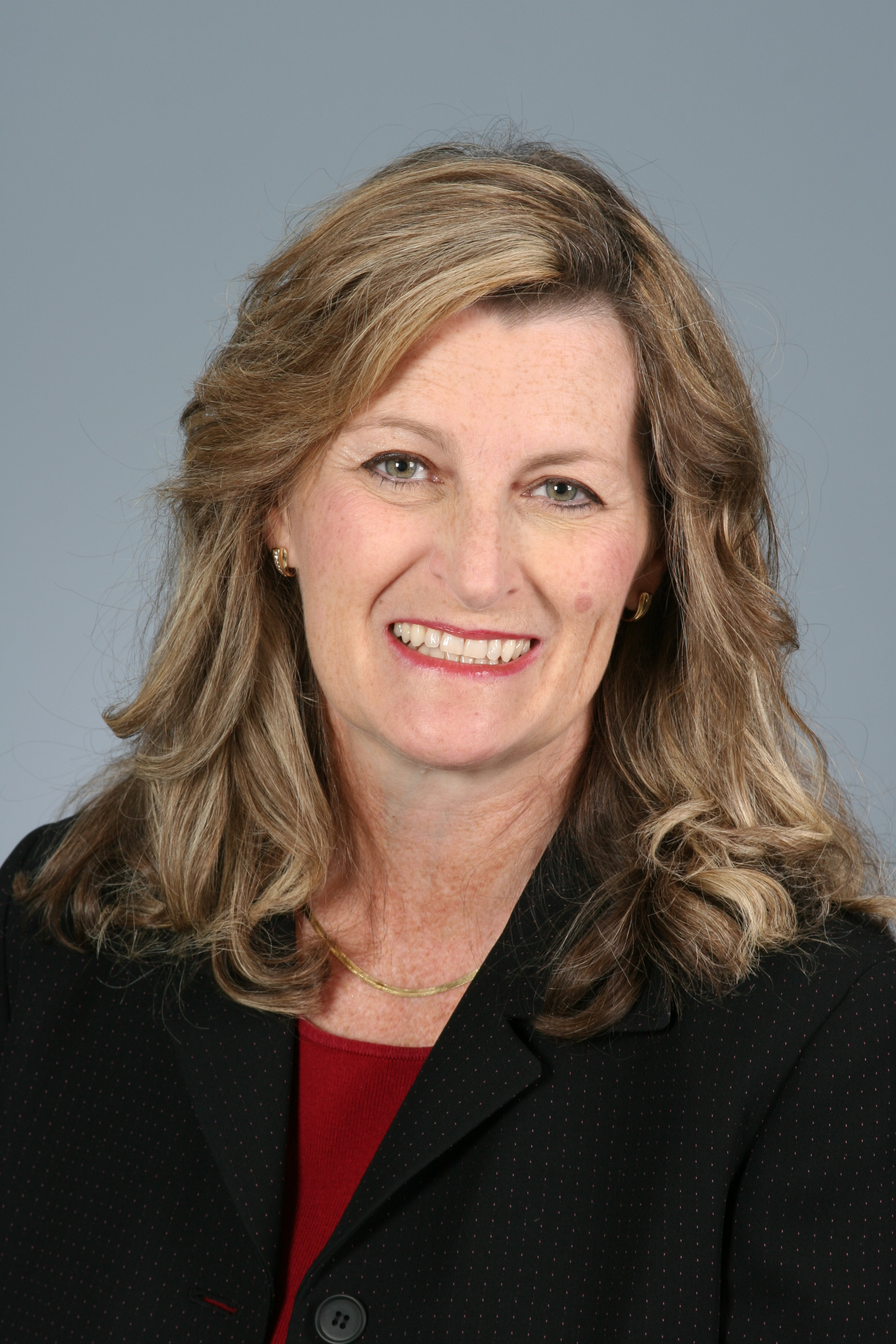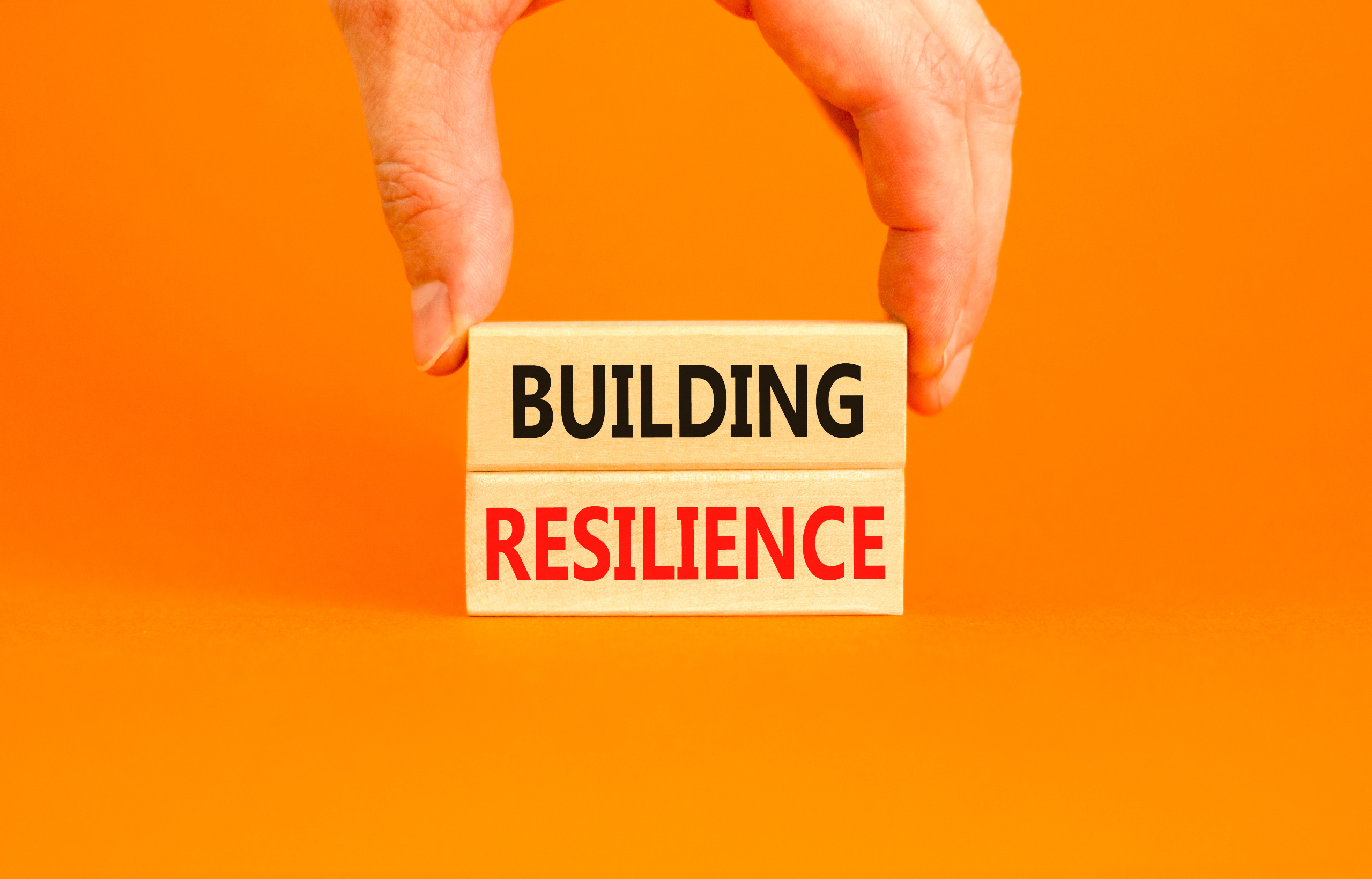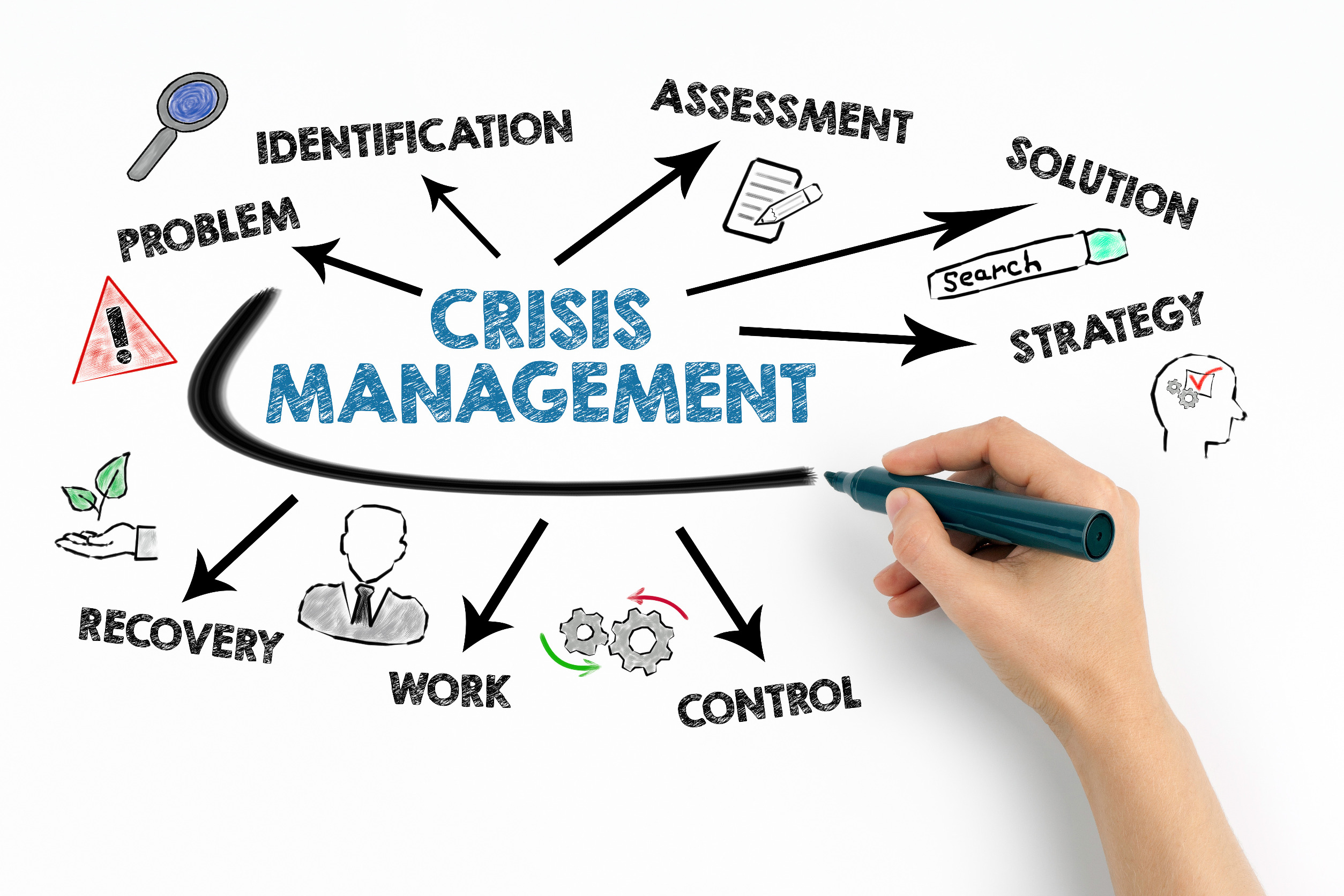Theresa Moulton, Editor-in-Chief of Change Management Review, recently spoke with leadership strategist, organization development (OD) practitioner and culture change coach Deb Peters, founder of Morgan McGuire Leadership. Deb reveals some of the key trends experienced by organizational development practitioners, what they need to know about the future of culture change, and how culture inflection points play a role and impact culture change.
How did you get into the field of organization development?
I think everyone comes into it just a little bit differently and I’ve always been drawn to where the head, the hands and the heart intersect. In my MBA program, I figured out that they came together in an exciting field called organizational development (OD) – a field where I’ve been able to use what I’ll call the big picture thinking mind with an innovative flare. I’ve been able to use the hands to reach out to help others harvest collective wisdom, and use the heart to engage others to selflessly collaborate toward shared goals. So some might call that a defining moment in life.
What trends are impacting OD practitioners today?
One of those trends a proliferation of what OD is. Since the 1960s, OD has been defined as planned organization-wide effort, managed from the top that uses behavioral sciences with the outcome being increased organizational effectiveness growth. There have been many offshoots of OD that may or may not actually be OD. So it can be very confusing. In addition to that, we have three types of practitioners now.
First, we have OD consultants. Second, we have specialists who are related to OD. That could be HR. It might be change management. It might be strategic planning. Third, we have leaders in organizations that are doing OD themselves. So we have a very diverse group practicing OD.
OD doesn’t come with a step-by-step manual. Imagine you’re bringing your newborn home from the hospital, you don’t get a manual. In the same vein, it’s dependent on you as a practitioner to identify the unique needs and source the best practices that will be supply to those needs.
What do you think OD practitioners may want to know about the future of culture change?
I believe that the change management is the key piece of all change actually happening in organizations. OD has typically been the arena of looking at things from the big picture perspective and helping the organization-wide transformation or growth occur. Change management follows it all the way through to where that actual change flips and it becomes part of the organization. It might be a small change in one piece of the organization, or a division change that change management helps with.
That’s going to be even more important as we move forward. Future culture change is going to result in things that we see each day. Our digital natives are wired 24/7 with unlimited connectivity. We have change in government and financial structures. The effects of globalization have caused fluid work units where we don’t know what our work units are going to look like yet.
That requires OD practitioners to know what system change leaders do. We need to really focus on increasing the engagement of individuals and teams, helping cultures navigate transitions to the virtual relationship and help cultures instill collaboration and innovation as business processes just like hiring product development or paying the bills. I think we do that in helping the cultures change through what we use which are cultural inflection points.
What are culture inflection points? How do they impact culture change?
Think of them as processes in a culture, like a process where we can naturally get a change in direction. Many of them are unique in a given culture. Some of them you see in action every day – like the interviewing process, the performance management process, the sales cycle, how we work in project teams, and the impact on culture comes when the teams collaborate to develop innovative actions to inject at those inflection points.
For instance, think about a natural inflection point being a project team meeting where you’re meeting with clients and members of the team that are internal to the organization. The culture change might involve embedding emotional intelligence in culture. In one case, we developed a mobile app so each person could rate the team’s use of three emotional intelligent skills while the team meeting was ending. It was innovative, measurable and a game changer for them.
What works and doesn’t work with culture inflection points?
What we’ve seen that actually works is having the courage to dive into the existing culture. Take a look at your day-to-day activities. You have to be brave. You have to determine what actually the inflection points are that touch all employees. Sometimes that isn’t always pleasant to look at, to realize we don’t touch employees on things that maybe we should be. The second piece that really works is the commitment to drive the culture change deeper and faster with leadership support using a team to develop the innovative action and then having the commitment from all to move forward together.
What don’t work are things like copying another organization’s inflection points or innovative actions. Saying, “I heard how they did it over at that company. It’s got to work here.” Not necessarily. You start with a different existing culture than they did. A second thing that doesn’t work is making what I’ll call the simple complex. Some organizations get buried in the details and having to document every piece of it. That will kill your cultural change if you can’t work on the simple stuff first.
If you had to choose an animal that serves as an inspiration for the culture change work you do, which animal would it be?
The eagle – and there are three reasons why. First are the vision and the view that the eagle has to guide. We do that when we guide and lead others to go the long distance with focus and clarity. Second, the eagle has is a lot of courage to face whatever problems or opportunities come to them. Sometimes it’s storms, and the eagle you know flies directly into a storm so it can get to greater heights. Third, the eagle has such an effective way to help the eaglets learn to fly. They load the eaglets on their back, they go up high, and then they just swoop and they’re out from under the eaglet and the eaglet must fly. The parent watches and will come in and swoop underneath and grab them if they’re failing. But each time they do this, the eaglet learns more and more about what it takes to fly on their own. That is just how we help grow leaders. We develop people in the same way.
If you could give one piece of advice to a newcomer to the OD and culture change fields, what would it be?
We’re in an age where change is not something strange and different. Change is a capability that we each have to be excited about and move forward with. That said, each of us have to arm ourselves with the skills to do change, accept change, lead change. Be innovative around change and development and that takes a commitment to reach out to grow those skills. Next, look in places where you look to find answers. Look at different parallels, types of industries and see what they’re doing that might play out in the industry you’re working in. There is so much that can be iterative in our world if we choose to look at it and innovate from a type of template or prototype that we already see and it moves much faster.
Founder/CEO of Morgan McGuire Leadership and Senior OD Consultant, Deb Peters partners as a value-adding facilitator, speaker, designer, strategist and coach. Clients look to her to help solve organizational problems, develop strategy and take action to get results. Deb holds an MBA from the University of St. Thomas and has completed over 1000 hours of additional OD training and certifications. She leads OD interventions, authors programs, coaches and serves as a conference speaker and adjunct faculty member. You can connect with her directly on LinkedIn.

























